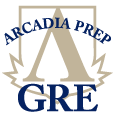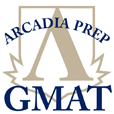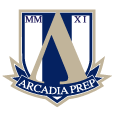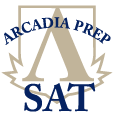Links
About Arcadia
LSAT Shorthand NotationArcadia Prep's GMAT CourseArcadia Prep's LSAT CourseArcadia Prep's SAT CourseArcadia Prep's GRE CourseThe Simply Brilliant GMAT AppAbout the MCATMCAT Physical and Biological SciencesAbout Arcadia Prep's MCAT CourseTerms of SaleTerms of UseAbout Arcadia Apps




LSAT Prep






